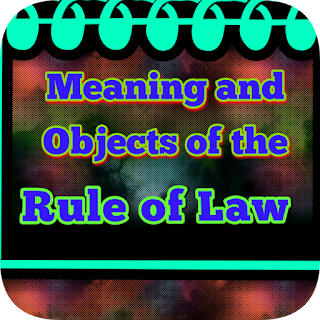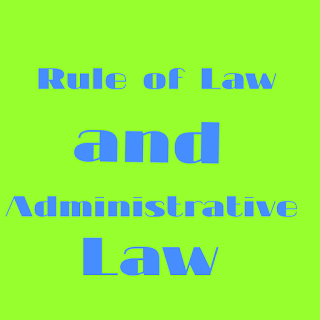What Do You Mean By Judgement

Meaning of Judgement : Judgement means the observation and decision of court of law in respect of a particular case after conclusion of a trial. Content of Judgement : Every Judgement - Shall be written in the language of the court. Shall contain the point or points for determination, the decision there on and the reason for the decision. Shall specify the offence of which and section of The Indian Penal Code, 1860 or other law under which the accused is convicted and the punishment to which he is sentenced. If the Judgement is of acquittal, it shall state the offence, of which the accused is acquitted and direct that he be set at liberty section 354(1). Object : The object should be to protect the society and to deter the criminal in achieving the avowed object of law by imposing appropriate sentence. The social impact of the crime like where its relates to offences against woman, kidnapping and other offences involving moral delinquency which have great impact on s...




